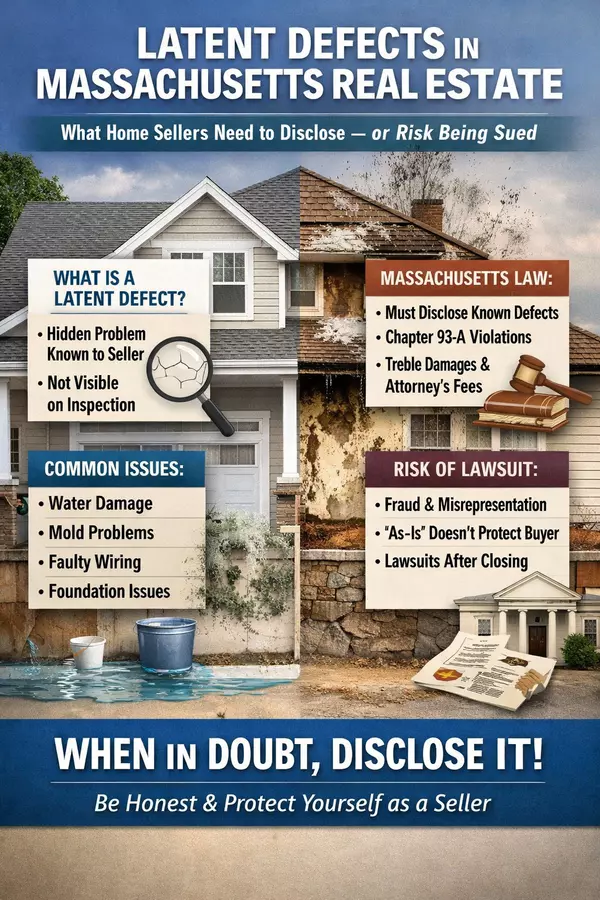Decoding Home Values: Zillow, Redfin, RPR, and the Elusive "True" Market Value

When buying or selling a home, one of the first things you're likely to do is check its value on popular real estate websites like Zillow, Redfin, or Realtor Property Resource (RPR). These platforms offer Automated Valuation Models (AVMs), providing an estimate of a property's worth. But how accurate are these estimates, and how do they differ from a professional appraisal and the actual market value? Let's break it down.
What are AVMs?
AVMs are computer-generated estimates of a property's value. They use complex algorithms that consider various factors, including:
- Public records: Square footage, lot size, number of bedrooms and bathrooms, age of the home.
- Recent sales data: Prices of comparable homes (comps) in the area.
- Market trends: Overall changes in the local real estate market.
- User-submitted data: Information provided by homeowners or real estate agents, which can sometimes be inaccurate.
 The Big Players: Zillow, Redfin, and RPR
The Big Players: Zillow, Redfin, and RPR
While all AVMs use similar data points, the specific algorithms and weightings they apply can differ significantly, leading to variations in their estimates.
-
Zillow's "Zestimate": Perhaps the most widely known AVM, Zillow's Zestimate is a statistical model that incorporates public data, user-submitted information, and proprietary algorithms. Zillow also incorporates listing data into the Zestimate for active listings. While Zillow strives for accuracy, they openly acknowledge that Zestimates are estimates and can vary significantly from actual market value.
-
Redfin's Estimate: Redfin's estimate also relies on public records and recent sales data, but they emphasize their connection to local real estate agents and their access to Multiple Listing Service (MLS) data. This access can provide more up-to-date and accurate information compared to some publicly available data.
-
RPR (Realtor Property Resource): RPR is a platform specifically for REALTORS. Its AVM, while utilizing similar data points as Zillow and Redfin, often incorporates more detailed property information and agent insights. Because of this, RPR estimates are generally considered more accurate, though they are not consumer-facing in the same way and must be generated by a REALTOR.
AVMs vs. Appraisals vs. Market Value
It's crucial to understand the difference between an AVM, a professional appraisal, and the actual market value of a home:
-
AVM: A statistical estimate, a starting point for discussion, but not a definitive value. Think of it as a ballpark figure. It's a useful tool for getting a general sense of value, but shouldn't be relied upon for making major financial decisions.
-
Appraisal: A professional assessment of a property's value by a licensed appraiser. Appraisers physically inspect the property, consider comparable sales, and use established methodologies to determine a fair market value. Appraisals are typically required by lenders during the mortgage process.
- CMA: A CMA, or Comparative Market Analysis, is a valuation created by a licensed real estate professional but who does not hold an appraiser's license. It is very similar to an Appraisal but depends on the experience and skill of the person putting it together. A CMA is normally done by a REALTOR for a homeowner who is thinking about selling.
-
Market Value: The price a willing buyer and a willing seller agree upon in an open and competitive market. This is the true value of the home, and it's ultimately determined by supply and demand.
Why the Discrepancies?
Several factors contribute to the difference between AVMs, appraisals, and market value:
- Data limitations: AVMs rely on publicly available data, which may not always be accurate or up-to-date. They may also miss important details about a property, such as recent renovations or unique features.
- Algorithm variations: Each AVM uses its own proprietary algorithm, which can lead to different results.
- Market fluctuations: Real estate markets can change rapidly, and AVMs may not always capture these changes in real-time.
- Subjectivity: Appraisals, while more formal than AVMs, still involve some degree of subjective judgment on the appraiser's part. Market value is ultimately determined by human behavior.
The Bottom Line:
AVMs are valuable tools for getting a preliminary idea of a home's worth, but they shouldn't be the sole basis for making financial decisions. For a more accurate valuation, especially when buying or selling, consult a licensed real estate agent and consider getting a professional appraisal. Remember, the true market value of a home is what someone is willing to pay for it.
Categories
- All Blogs (102)
- Beverly, MA (5)
- Buying a Home (44)
- Condos For Sale (3)
- Danvers, MA (1)
- Home Ownership (28)
- Homes For Sale (7)
- Living on the North SHore (12)
- Mortgages (4)
- Prospective Real Estate Agents (1)
- Real Estate Careers (8)
- Real Estate Market Conditions (20)
- Real Estate School (1)
- Salem, MA (7)
- Selling a home (50)
Recent Posts












